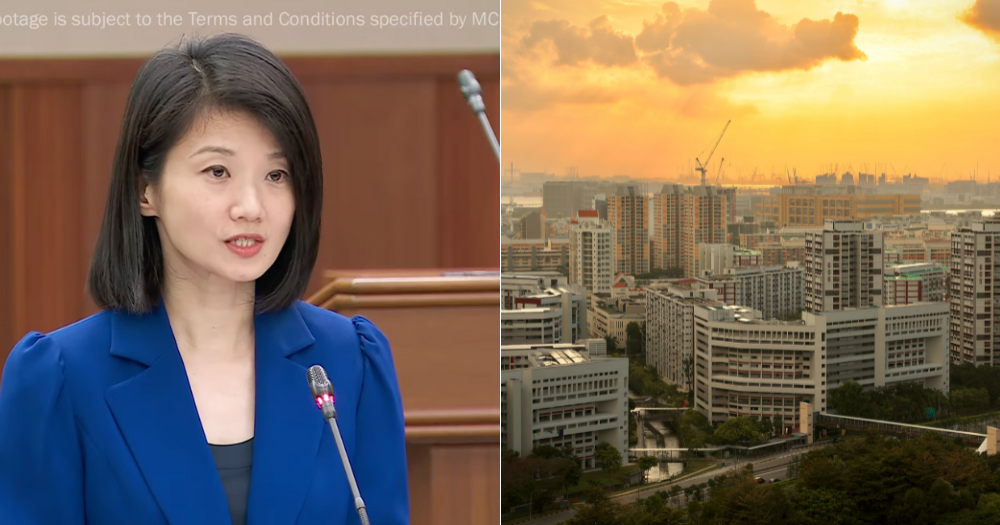Follow us on Telegram for the latest updates: https://t.me/mothershipsg
The number of home rental scams that utilise online platforms, such as e-commerce and social media, has increased from 192 cases in 2021 to 979 cases in 2022.
Minister of State for Home Affairs Sun Xueling spoke in Parliament in May 9, 2023, in response to a question from PAP Member of Parliament (MP) Yeo Wan Ling.
Yeo asked if the number of home rental scams using online platforms has increased in the past 12 months and whether the Ministry will consider introducing further safeguards to protect homeowners whose homes have been used in such scams from liabilities.
In response, Sun noted that the police have been working with online platforms to remove suspicious accounts and advertisements and with the Council for Estate Agencies (CEA) to include advisories on rental scams on CEA’s social media channels.
How the scam works
Sun explained that these cases generally involved scammers impersonating property agents and listing home rentals on online platforms.
Victims will then come across these listings and contact the scammers via the phone number provided.
These scammers would impersonate legitimate property agents by sending victims pictures of a legitimate property agent's business card and pictures or videos of the listed property.
There were also cases where the scammers pretended to be landlords, Sun shared.
Scammers would then inform the victims that they have to place a deposit to secure a viewing or rent the unit and become uncontactable upon receipt of the monies.
"Best defence is a vigilant and skeptical public"
Sun assured that the real homeowners whose properties have been used in scams would not be penalised unless they are involved in perpetuating the scams.
Sun stated that "the best defence" against the scams is a "vigilant and sceptical public".
"We encourage the public to arrange a physical viewing of the housing unit and not to make any advance payment before that."
The public is also encouraged to verify the identity of the persons one is dealing with and verify their identity via the CEA Public Register if they claim to be property agents.
"The most important thing is to verify that the so-called estate agent is a bona fide estate agent, and you can do so by looking at the phone number that is being advertised [and] check it against the CEA Public Register", Sun pointed out.
"If the number you put into this search function and the CEA does not give you the property agent's name or leads to no search results, then it means that this so-called property agent is a fake and that you're looking at a fake listing."
Working with online platforms
When Yeo asked if the government would be "taking ownership and enforcement measures against [these] online hosts", Sun replied that the government had been actively following up with online platforms to work with them to remove fake listings.
Sun urged the public to go to "formal online platforms whose main business is property rentals".
She also advised the public not to go to online platforms, such as Facebook or Carousell, as their main business is not in property rentals.
Related story:
Top photos via Unsplash and MCI/YouTube
If you like what you read, follow us on Facebook, Instagram, Twitter and Telegram to get the latest updates.
